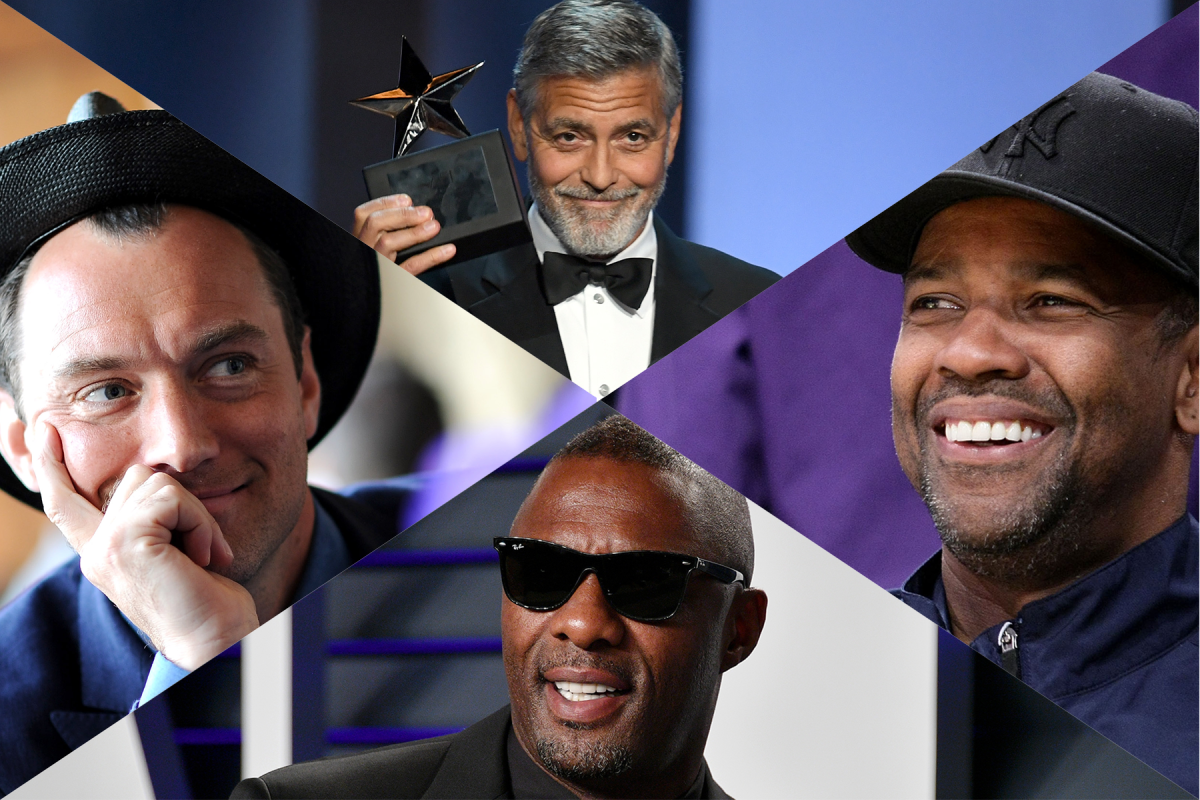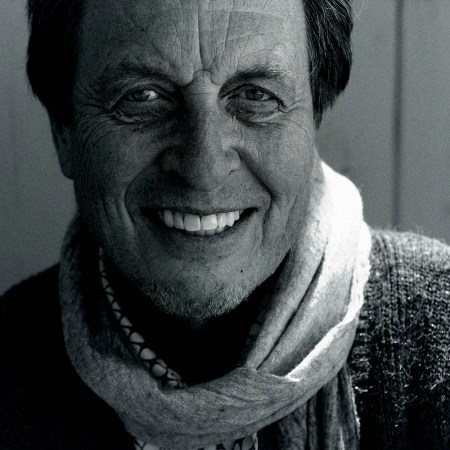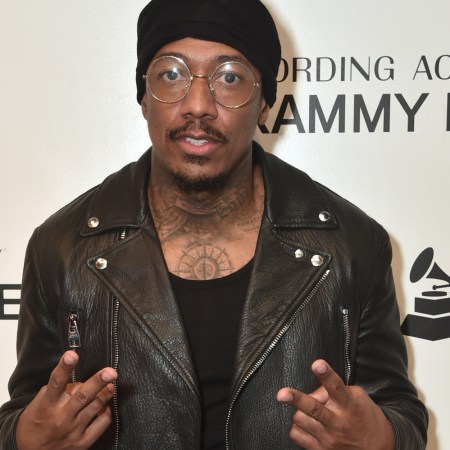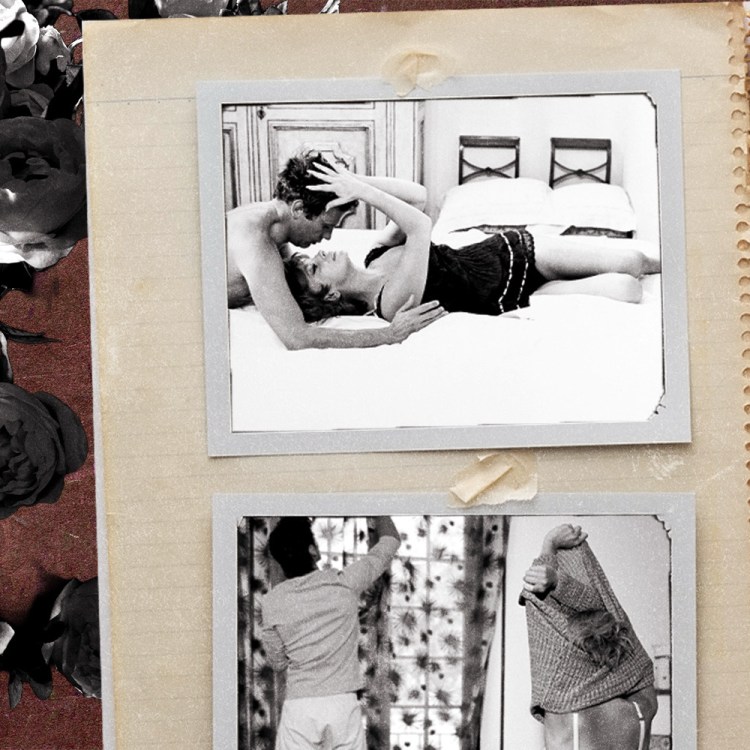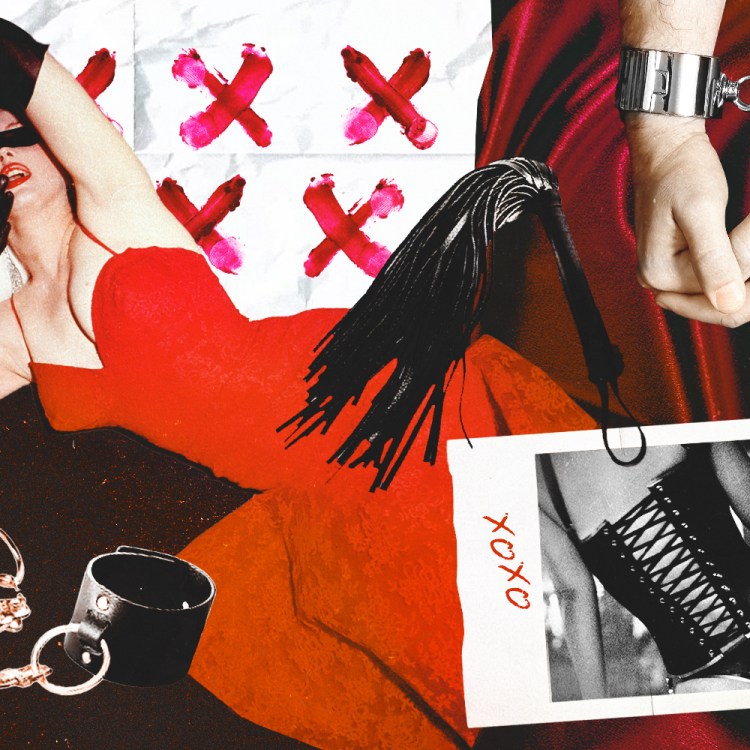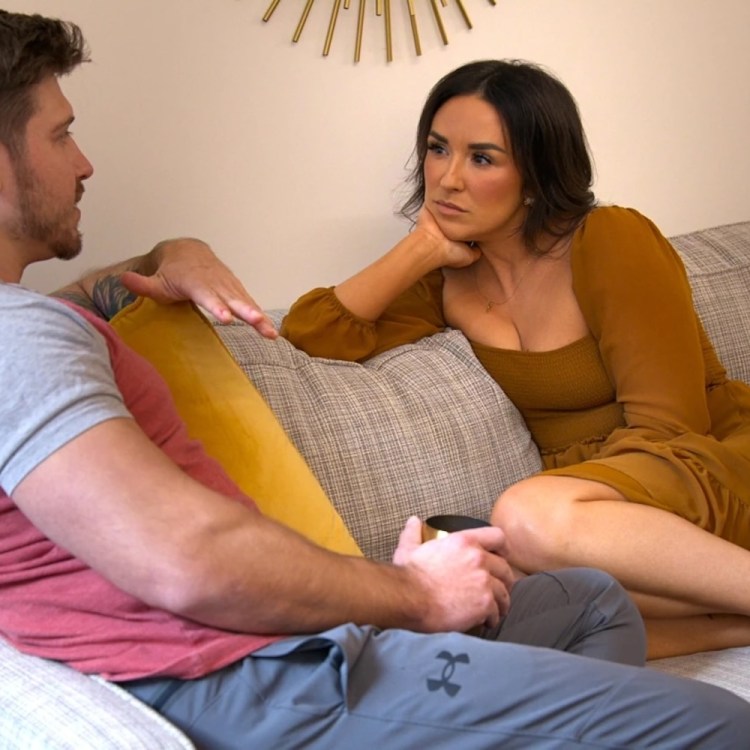There comes a point near the height of any cultural moment when we as a society must stop and ask ourselves, “How did we get here?”
Given the pre-apocalyptic state of the world today, there are any number of pressing current issues that can and should inspire such a question. I am not about to address any of those topics, because why bother engaging in earnest self-reflection on your role in a society that’s rapidly perpetuating its own demise when you could investigate the origins of a trivial cultural phenomenon somewhere at the intersection of internet memes and sexuality instead?
Which brings us to “daddy” — which I of course mean not in the sense of an innocent term for doting fathers of young children, but in the sexual sense that has gained increasing popularity both on the internet and in the bedroom, at the corner of irony and kink.
As the dad bods of 2015 gave way to the zaddies of 2017 and a pervasive Lana del Rey-esque energy continues to promote a pouty-lipped Lolita fantasy rebranded for the 21st century, it’s tempting to say we’ve reached peak daddy.
Indeed, The New York Times made just such a claim when staff editor Bonnie Wertheim declared 2018 “The Year of the Daddy.” But even if we’ve currently found ourselves at the height of the modern daddy fixation, it’s one we’ve been ascending to for quite some time.
Back in 2005, the Washington Post investigated the rise of what may have been a recent ‘daddy’ ancestor in the form of the question/catchphrase, ‘Who’s your daddy?’ Citing a number of then-recent iterations of the phrase in pop culture — including a 2002 Toby Keith song, a chant popular among Yankees fans during the 2004 World Series playoffs and the name of a controversial Fox game show in which a woman separated from her father at birth attempted to identify him from a lineup — the Post’s Paul Farhi traced the bizarre cultural evolution of a phrase anchored by a word whose “most direct and historic meaning has been sexual.”
As Farhi noted, sexual use of ‘daddy’ dates at least as far back as 1681, which the Random House Historical Dictionary of American Slang cited as the earliest use by prostitutes referring to pimps and older customers.
“I have an even earlier quote for ‘daddy,’” Jonathon Green tells InsideHook, citing an instance from 1679 in which the term was used to address a highwayman by his associates. Green, arguably the world’s foremost slang lexicographer and the author of Green’s Dictionary of Slang, includes no fewer than 17 meanings for “daddy” in his dictionary, many of which carry some kind of sexual or romantic association. However, Green maintains that the “sexual daddy” as we know it today is largely a 20th-century development.
“I would suggest that ‘sugar daddy’ may well be the ‘founding father’ of modern, sexualized uses of daddy,” says Green, noting that the first recorded use of “daddy” as an abbreviation of “sugar daddy” dates back to 1922. According to Green, this usage had less to do with age than it did with an image of the “daddy” in question as a provider “of sex, money, material pleasures, etc.”
Sex educator and activist Lorrae Bradbury sees our modern usage of daddy in the bedroom in a similar light.
I think we have a lot of “daddy issues” in our culture in general.
“I think that the idea of calling somebody ‘Daddy’ invokes a family dynamic for a lot of people,” Bradbury, the founder of Slutty Girl Problems, tells InsideHook, adding the critical if obvious disclaimer that “the vast majority of people using ‘daddy’ in the bedroom are not thinking about their actual fathers at all.” Rather, says Bradbury, the sexual “daddy” of today tends to invoke emotional care and support.
According to Bradbury, the use of “daddy” in the bedroom is largely a manifestation of the same kinds of power dynamics that tend to dictate a variety of sexual interactions across the board, from vanilla to Salty Pimp.
“Everybody is interested in power dynamics,” says Bradbury. “Even if you go to very conservative vanilla couples, somebody is always going to be on top. There’s always somebody taking control, even if they take turns.”
If using “daddy” in the bedroom falls somewhere under the kink umbrella, it tends to imply a different kind of power dynamic than the ones expressed in various other kink communities. As Bradbury notes, the term can actually constitute something of a taboo within the BDSM community, where the use of “daddy” in lieu of “sir” or “master” may suggest more pronounced caretaking responsibilities common in other sex practices, such as age play, that fall outside the expectations of typical BDSM interactions.
While the idea of a male sex partner taking on a caretaking role may be troubling in a society that seems increasingly fed up with patriarchal structures, the term’s current popularity may actually represent a subversion of the very paternal notions it invokes. Bradbury offers a reading of “daddy” that paints its modern use as a reclamation of the term from traditional biological constructs of fatherhood and patriarchy.
“I think we have a lot of ‘daddy issues’ in our culture in general,” says Bradbury, noting a variety of common norms and attitudes that link fatherhood to sexuality, from marriage culture to the absent father/promiscuous daughter cliché to which she ironically alluded above.
“I actually think in a way that using ‘daddy’ is kind of reclaiming that term,” says Bradbury. “Instead of being tied to this biological patriarchal system, we get to choose.”
This biology-denouncing understanding of “daddy” may also reflect the term’s use in the LGBTQ community. Green’s definition of “daddy” includes a number of meanings specifically related to LGBTQ relationships and dynamics. As sex therapist Dulcinea Pitagora told Fatherly, the term is used in the LGBTQ community to refer to individuals across a wide variety of gender identities, from dominant gay men to female-bodied or female-presenting individuals who may identify as “femme daddies.”
Of course, modern society may know no daddy as powerful as the internet daddy. As Bradbury notes, “daddy” is enjoying a major moment in meme culture that may or may not be reflective of the term’s actual popularity in the bedroom.
“It’s very easy to joke about it, but then when it actually comes to calling somebody ‘daddy’ in the bedroom, that’s a completely different dynamic,” says Bradbury. “So I think that meme culture doesn’t necessarily represent what’s happening in sexual culture.”
However, adds Bradbury, that’s not to say that it’s not happening. Whether or not “daddy” is actually as common in bed as it is online, the term’s internet popularity has certainly opened up the door for individuals to explore “daddy” beyond the meme. In a classic 21st-century instance of life imitating art, meme “daddy” and sexual “daddy” are perhaps engaged in a reciprocal relationship in which the performance of each fuels the other, leading us to our current apex at the height of the daddy era.
The Charge will help you move better, think clearer and stay in the game longer. Subscribe to our wellness newsletter today.
